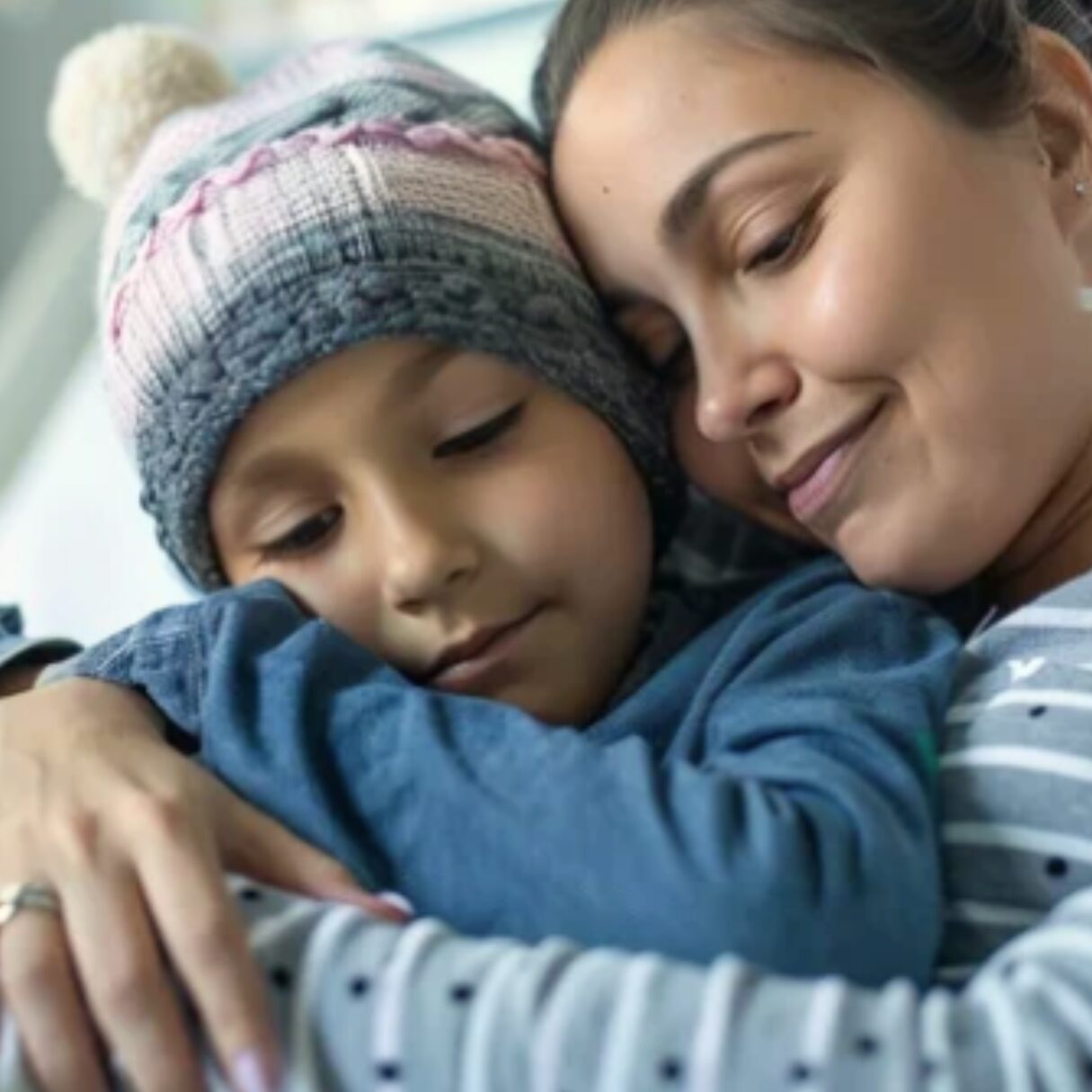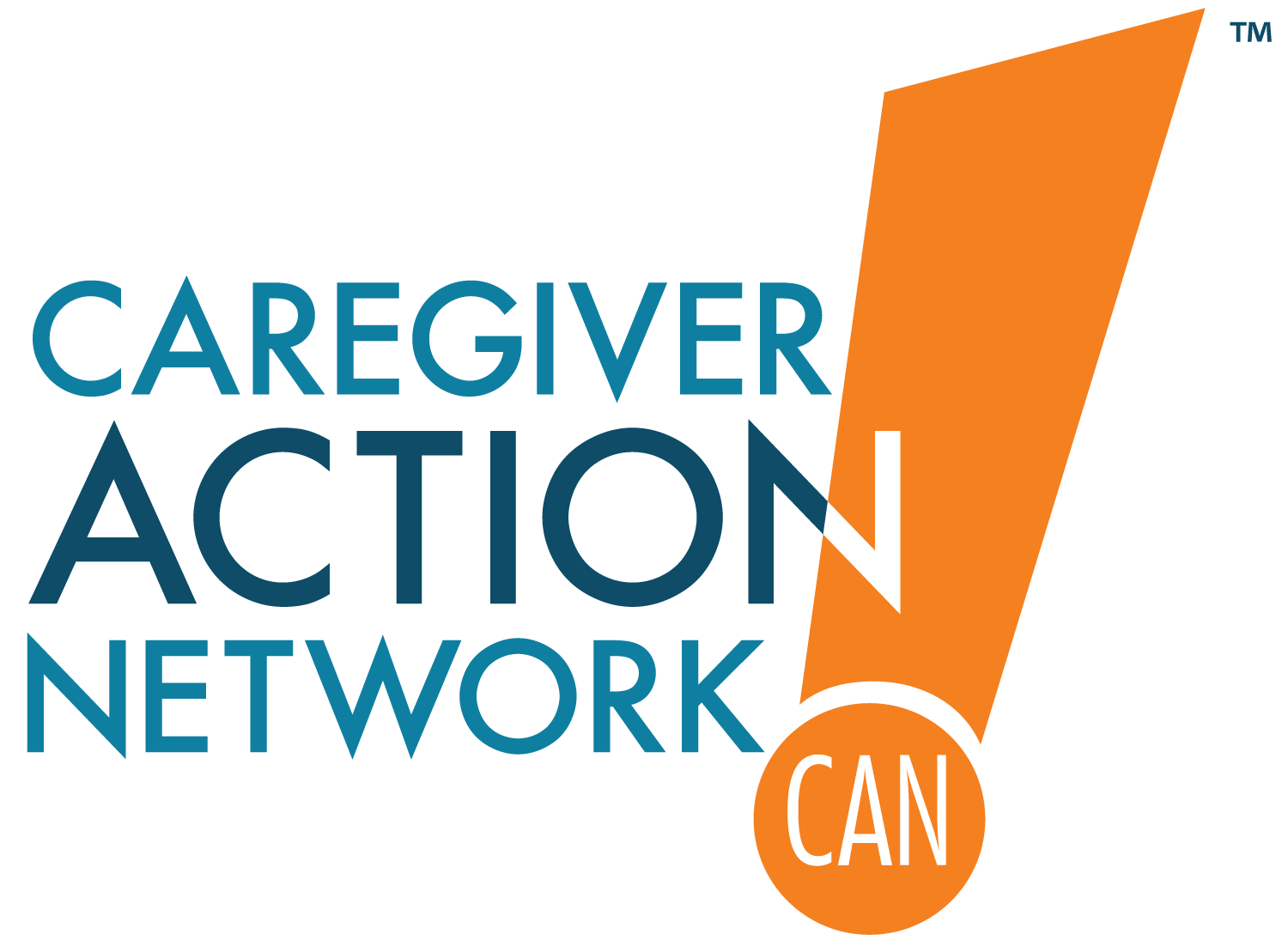Caring for a loved one with leukemia can take a profound emotional and psychological toll on any family member, but the strain is often intensified for populations that are already disproportionately impacted by social, economic, and health inequities.
For caregivers in communities of color, low-income households, or rural areas, the experience of caregiving can be compounded by systemic barriers such as limited access to quality healthcare, fewer financial resources, and social isolation.
These factors heighten emotional distress, as caregivers must navigate not only the uncertainty of their loved one’s illness but also structural challenges that make it harder to secure support or respite.
The emotional weight of leukemia care—managing the unpredictability of symptoms, treatment side effects, and frequent hospital visits—can lead to chronic stress, anxiety, depression, and even caregiver burnout. For many caregivers, particularly women and people of color who often hold multiple caregiving roles within families, the pressure to “hold it all together” may prevent them from seeking help or acknowledging their own needs.

Cultural expectations around strength, family responsibility, or mistrust of medical systems can further silence their struggles, leaving caregivers feeling invisible and overwhelmed.
Psychologically, caregivers may experience feelings of helplessness or guilt when treatment outcomes are uncertain or when they cannot meet every emotional or physical need of their loved one.
For those facing systemic inequities, this emotional burden may be accompanied by a sense of injustice—recognizing that access to care and outcomes are not equal for all.
Without adequate mental health support or culturally competent resources, the cumulative stress can lead to long-term health consequences, perpetuating cycles of disparity.
Supporting disproportionately impacted caregivers means addressing both the emotional realities of caregiving and the broader structural inequities that intensify their risks.
